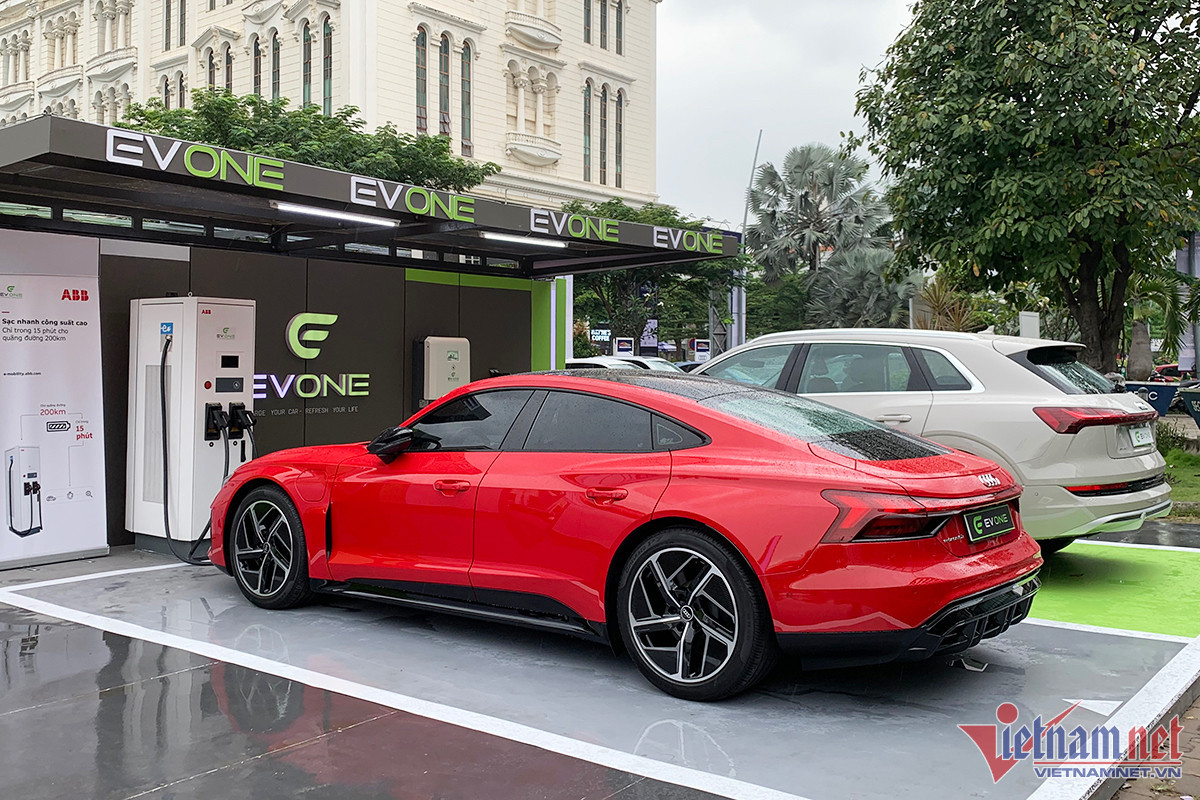
A workshop with the theme "Electric vehicle" was held by the Hanoi University of Science and Technology (HUST), attracting leading experts in the automobile industry and automobile manufacturers.
Prof Dr Bui Van Ga at the workshop put forward issues he believes Vietnam needs to address immediately so that electric vehicles can gradually replace gasoline run vehicles.
There are three major solutions.
First, a policy that encourages people to shift to electric vehicles because of reasonable costs. Once electric vehicles are more convenient and cheaper than gasoline-run vehicles, people will shift to electric ones.
Vietnam can learn from other countries which give support directly by subsidizing electric vehicles. This allows people to easily own and use electric vehicles as a method to reduce CO2 emissions.
Second, when the policies on selling prices remain unattractive, there should be additional policies on the environment. This means that the government can set higher requirements and standards on emissions that gasoline-run vehicles can hardly satisfy.
According to Ga, Vietnam still has not set up a roadmap for applying the EURO 6 emission standard. This is a very high standard which most normal gasoline-run vehicles cannot meet.
If there is a roadmap for the standard application, people will have to shift to hybrids, electric vehicles or vehicles using hydrogen. This is because vehicles that cannot satisfy the standards and pollute the environment cannot roll on the streets.
So, people will have to change their vehicles, using other types of renewable fuel.
Third, energy policy plays a very important role. Individuals and enterprises are still awaiting the eighth national power development plan (Plan 8). The plan will be the guideline to clearly specify where power will come from - renewable energy or fossil fuel.
Ga, who has a doctoral diploma in Heat Engine granted by École Centrale de Lyon, France, stressed that if using electric vehicles run by coal-powered electricity, the use of electric vehicles won’t have any significance. However, if Vietnam plans to generate wind and solar power, or ‘clean power’, the plan on using electric vehicles will bring environmental effects.
In the next 20 years, when electric vehicles become popular, electricity capacity needed will be 2-3 times higher than now. The question is if the electricity to be generated is enough to satisfy the demand.
So, the development of electric vehicles not only depends on technology and manufacturers, but also on the state’s policies and long-term strategies.
Hoang Hiep